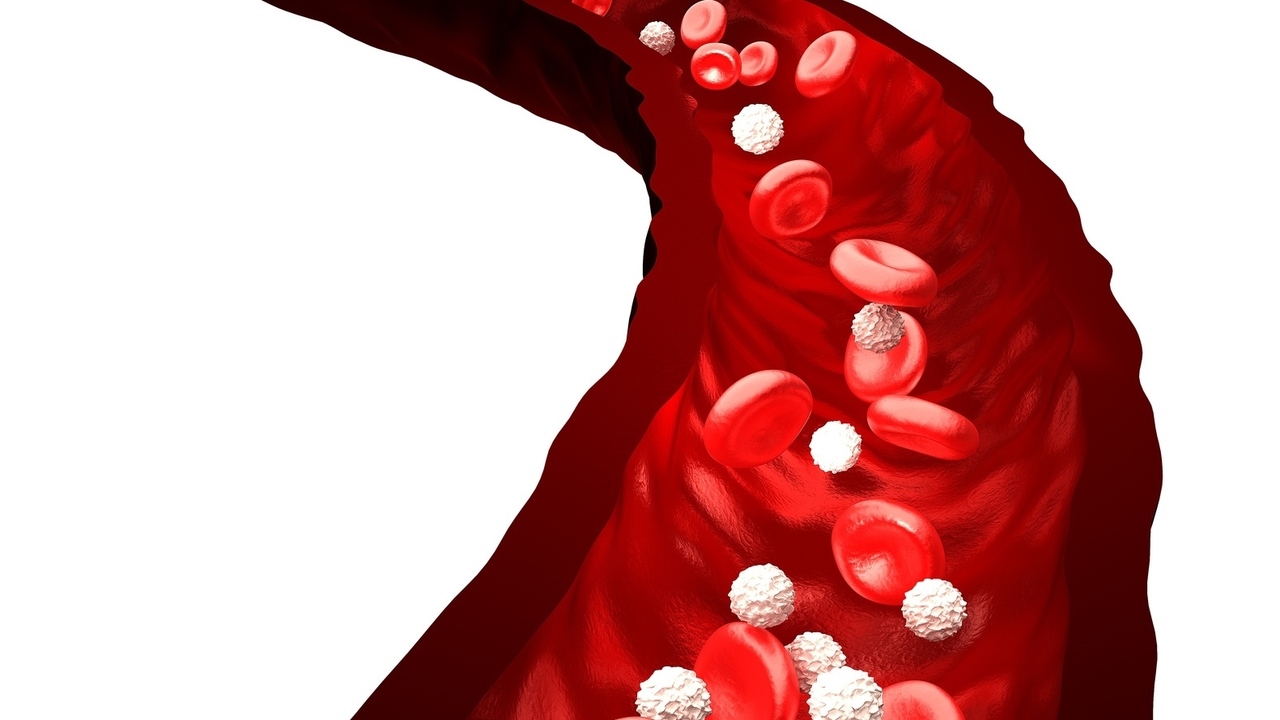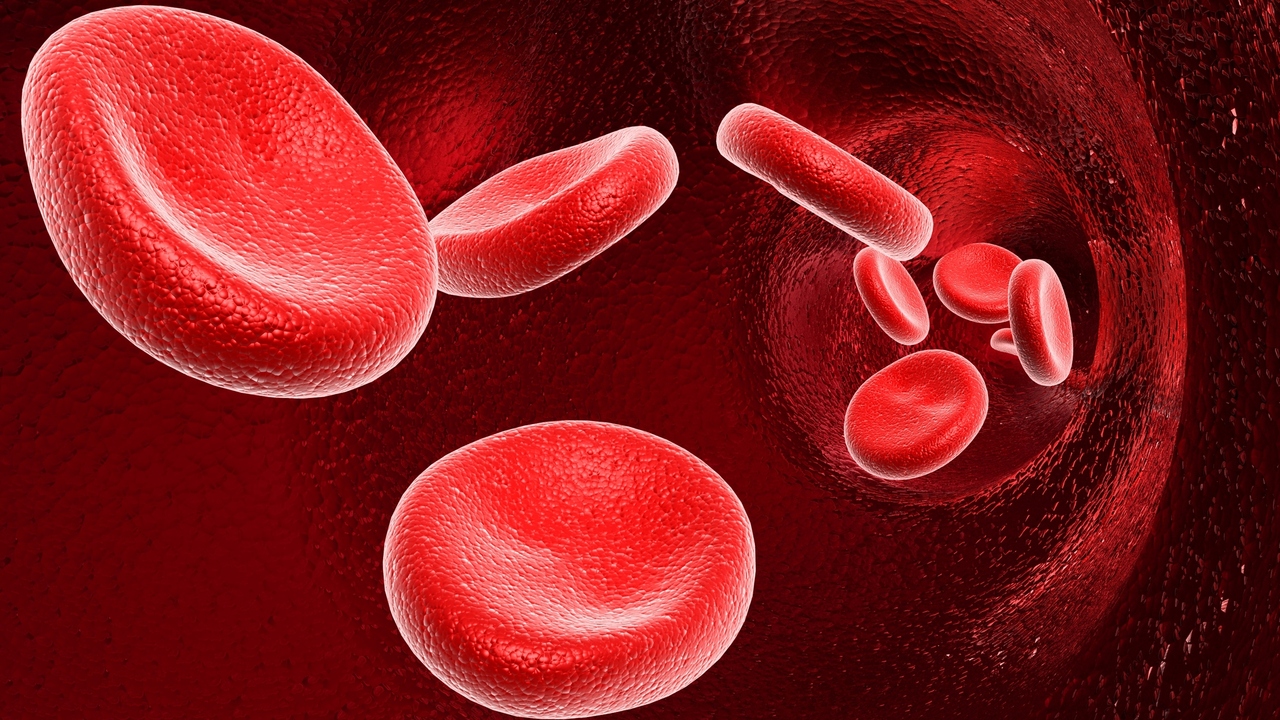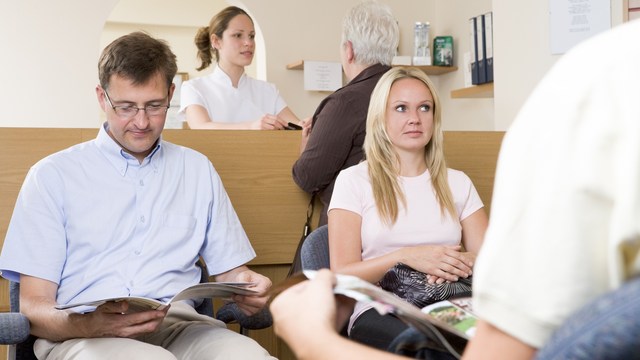Leukemia typically occurs in people who have already passed middle age, but it can occur in those who are younger. Leukemia is a malignant disease (cancer) of the bone marrow and blood. The different forms of leukemia all begin in a cell in the bone marrow. The cell undergoes a leukemic change and it multiplies into many cells. The leukemia cells grow and survive better than normal cells and, over time, they crowd out normal cells.
Symptoms of leukemia may vary depending on the type you have. If you experience a few of the following symptoms, it may be a good idea to get it checked out:
• Fever or chills
• Persistent fatigue, weakness
• Unexplained weight loss
• Swollen lymph nodes, enlarged liver or spleen
• Easy bruising or bleeding
• Tiny red spots on skin (petechiae)
• Excessive sweating (especially at night)
• Bone pain or tenderness
If you suspect you may have leukemia, it is important to discuss it with your doctor to assure early detection and treatment. Some questions you may want to ask are:
- What kind of tests do I need? Leukemia can be found in your blood with a routine blood test even before symptoms develop. Other diagnostic exams may also be conducted, such as a physical exam, other blood tests (ex., cancer antigen (CA)-125), or a bone marrow test. Additional testing may be performed to determine the type of leukemia and extent of your illness.
- What type of leukemia do I have?Leukemia is characterized by how fast the leukemia progresses (acute or chronic), and if it is lymphocytic (occurs in the lymphatic tissue), or myelogenous (affecting the blood and platelet-producing cells):
• Acute or Chronic lymphocytic leukemia (ALL or CLL)
• Acute or Chronic myelogenous leukemia (AML or CML)
• Other rare types such as hairy cell leukemia
- What types of treatments are available, and do I need immediate treatment? Treatment for leukemia can be complex, and while it often can be controlled, and patients sometimes live symptom-free for years, it can be hard to cure. Options for treatment your doctor may consider, depending on your particular case, could include biological therapy, radiation therapy, chemotherapy, and stem cell transplant.
- I have these other health conditions. How can I best manage them together? If you have other health conditions, you will need to discuss with your doctor options particular to your case.
- Are there any restrictions I need to follow? Your doctor may want you to restrict your diet prior to an appointment. Take an active role in your treatment. It is important to remain active during treatment as much as you can. If you feel well enough to do something, do it, but set reasonable goals for yourself, and take time to rest and be sure to eat well.
- Should I see a specialist? What will that cost, and will my insurance cover seeing a specialist? Should I get a second opinion? Be your own best advocate! If you want a second opinion, ask for one. Many doctors welcome a second opinion contrary to what you might think. Many insurance companies cover additional testing performed by a different doctor if your doctor requests it. Some insurance companies even require a second opinion. The short delay taken in getting all the information to allow you to feel more confident and in control of your health in most cases will not be detrimental to your treatment.
- Is there any research I can do on my own and what sources would you recommend? A cancer diagnosis can be scary, frustrating, and depressing. Your doctor can suggest their favorite reputable web sites and support groups for obtaining more information and helping you cope with your leukemia.
This information is not meant to be a replacement for talking with your doctor. Talk with your team of doctors to get the full picture for your particular case.
Resources:
www.mayoclinic.com Leukemia
www.medlineplus.com Leukemia
Do you have a question about cancer? Check out EmpowHER’s cancer page. Sign-up, post a question, share your story, connect with other women in our community and feel EmpowHERed!
Christine Jeffries is a writer/editor for work and at heart, and lives in a home of testosterone with her husband and two sons. Christine is interested in women’s health and promoting strong women.




